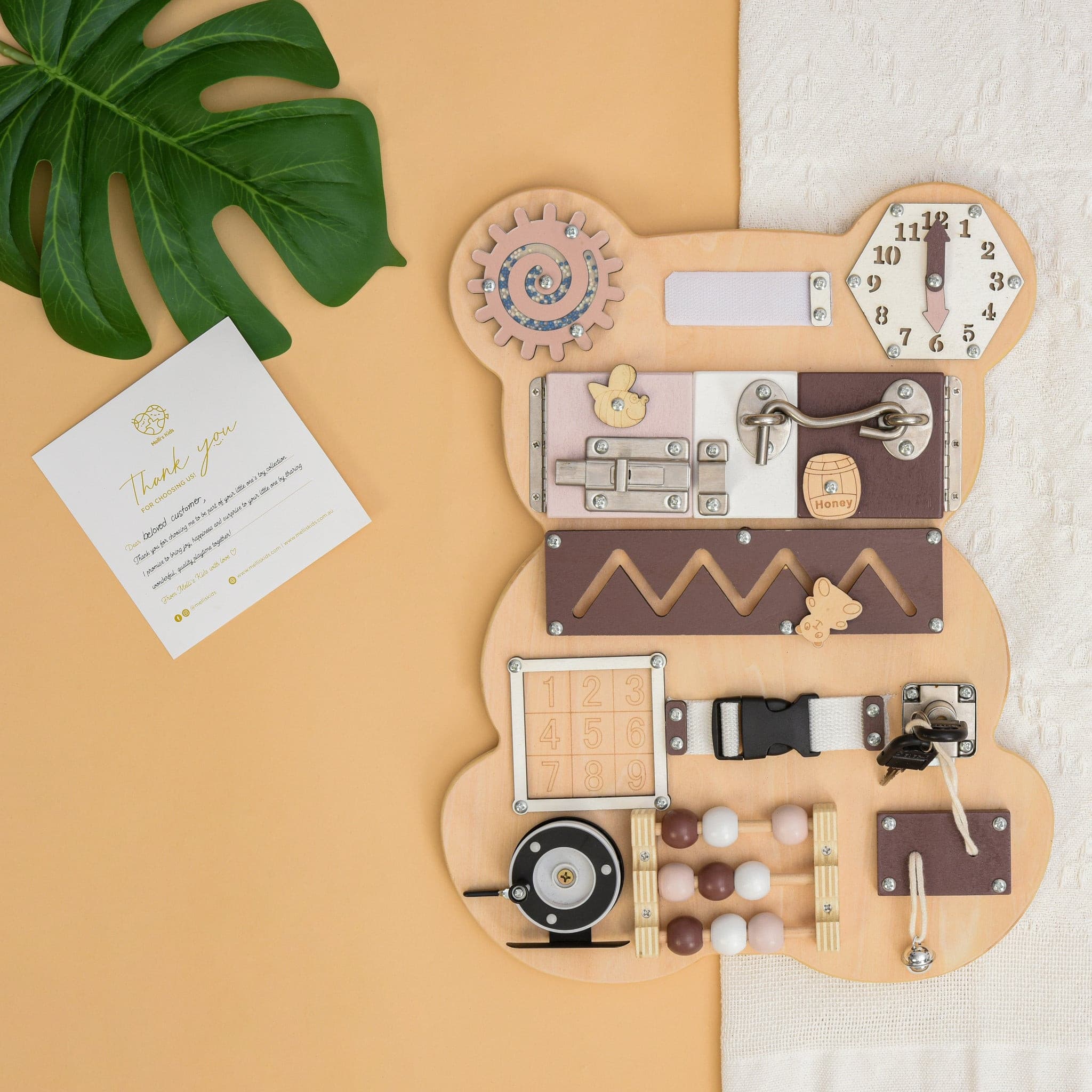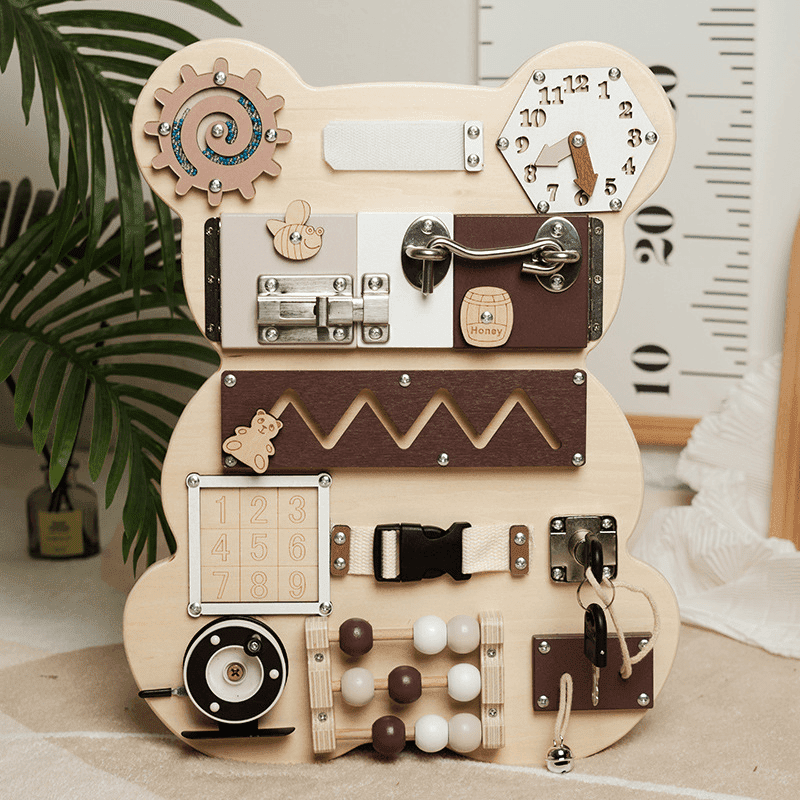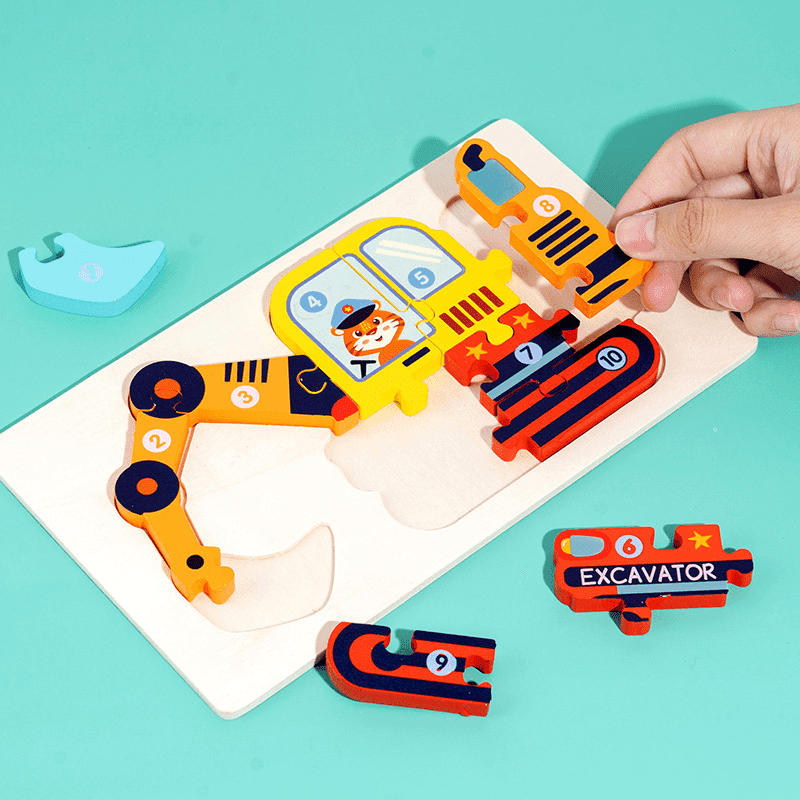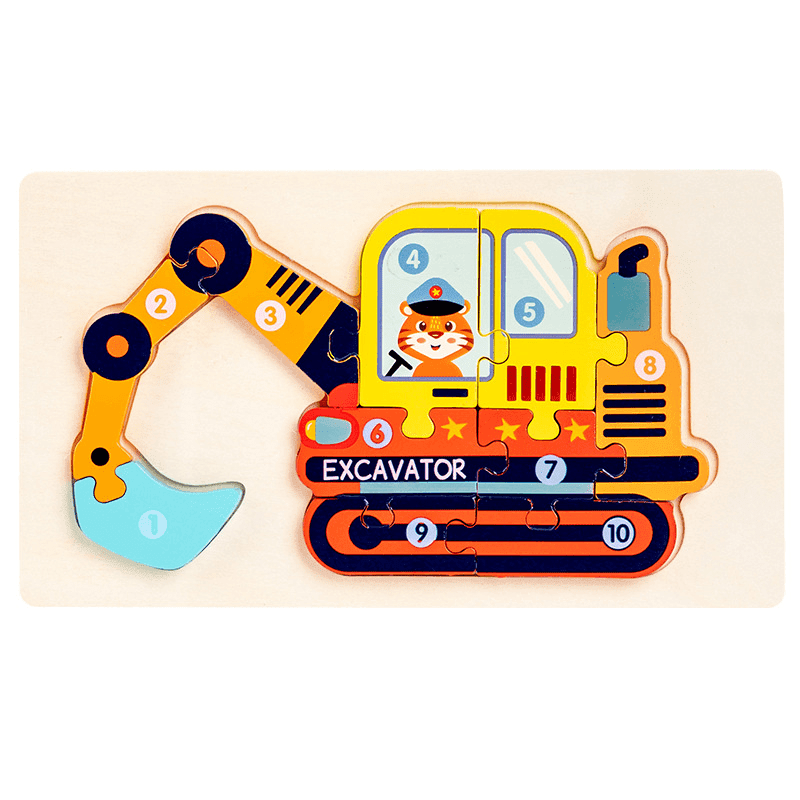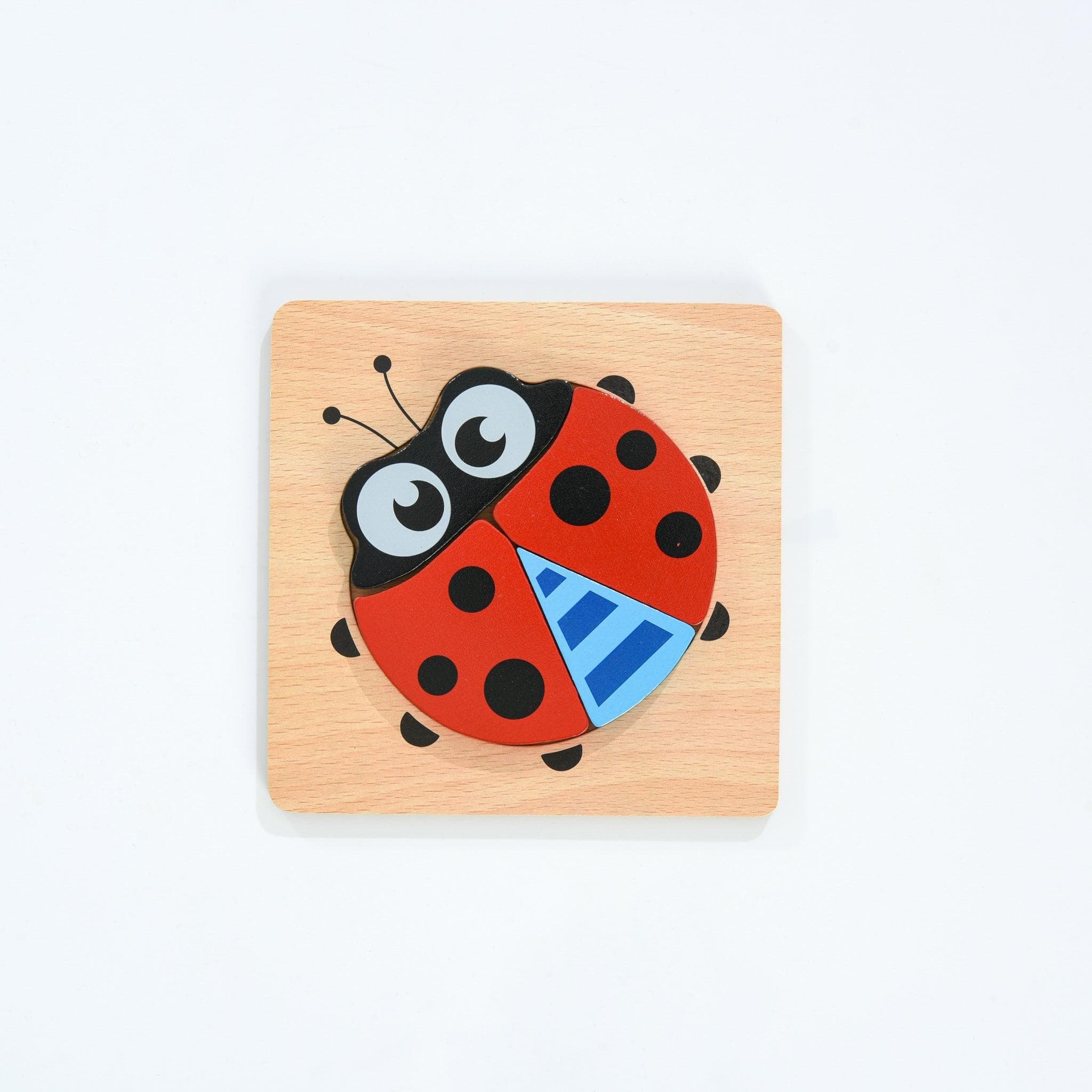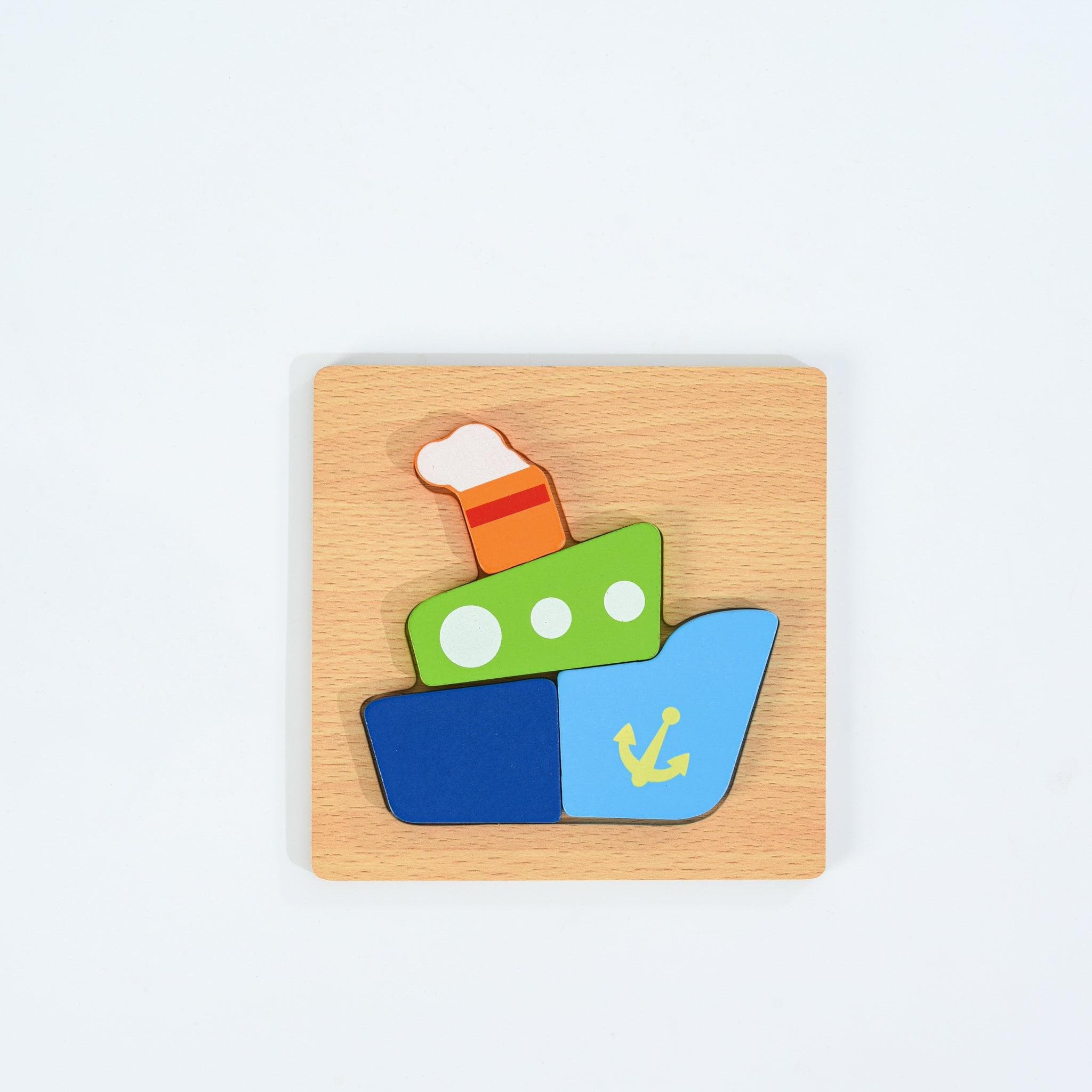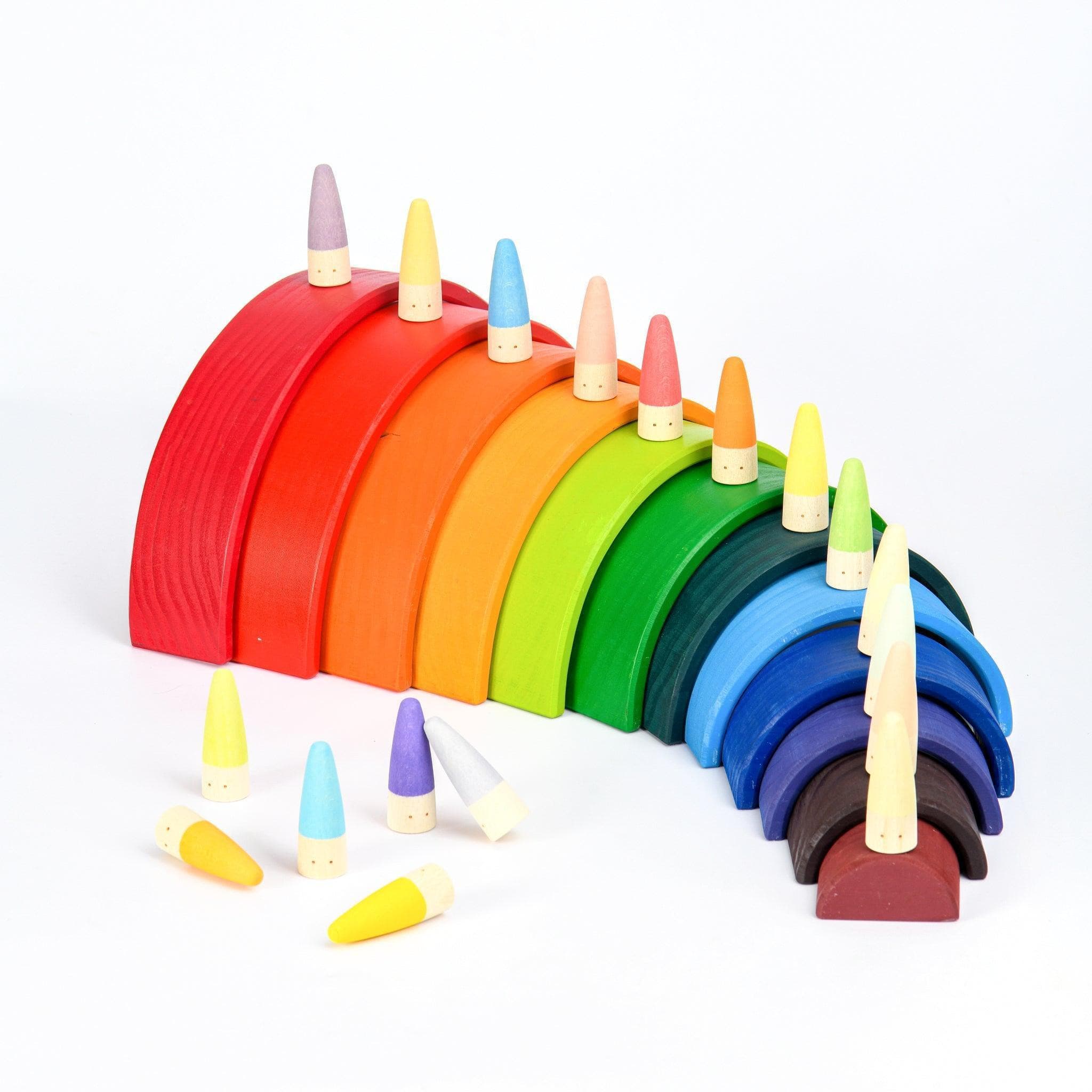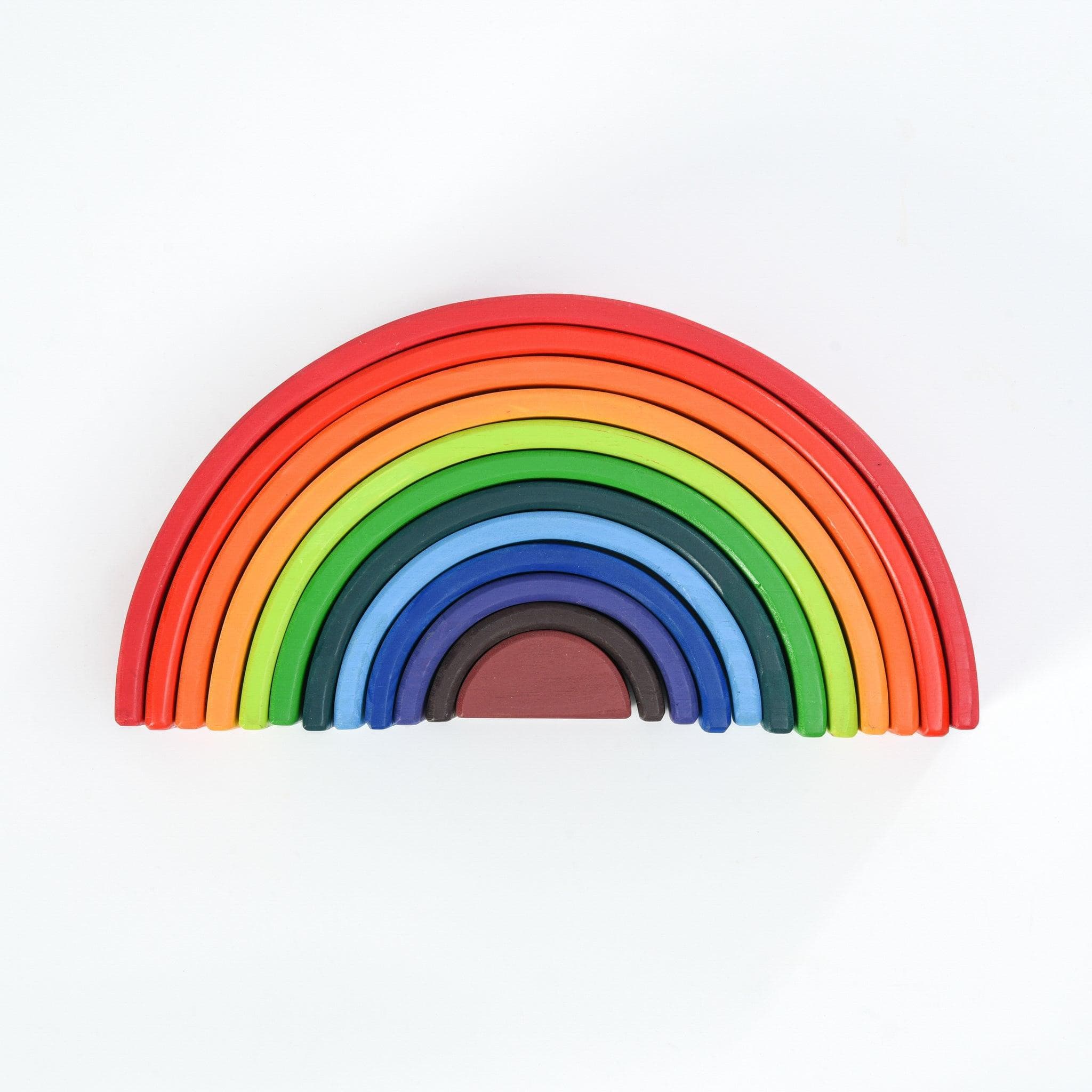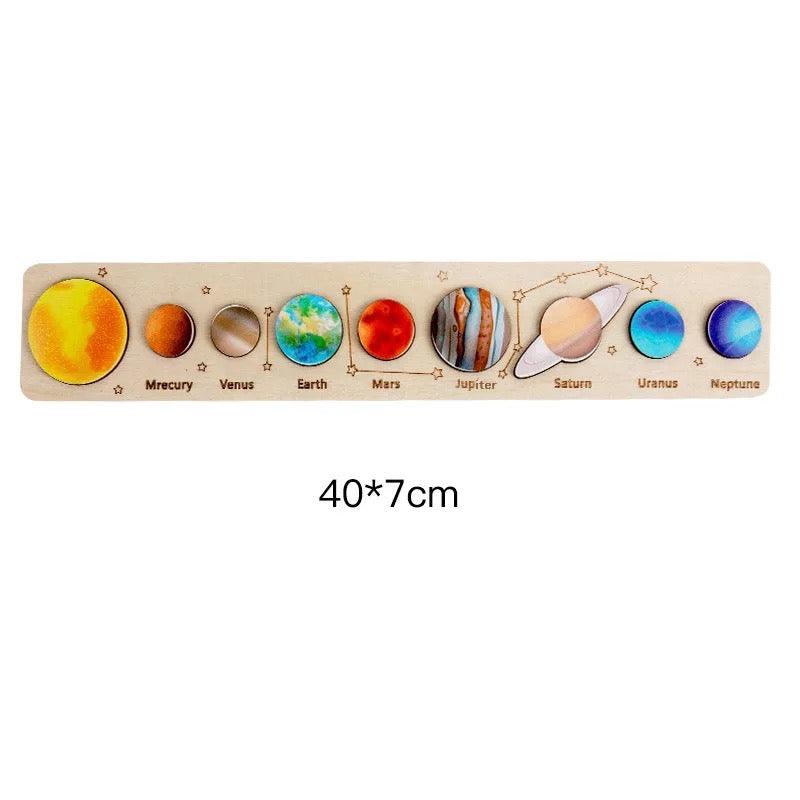The benefits of pretend play for childhood development
Can you discover a place where police officers, veterinarians, office workers, princesses, karate instructors, and chefs are working happily together? Sure! Get to a pretend play area in a child’s classroom, of course.
Many people believe that pretend play, whether it occurs at home or in a classroom, is only mildly educational. Not at all likely, though! Children learn problem-solving skills by playing in a restaurant, pretending to be adults, or playing in a fairytale country.. Imagine the abilities needed to transform the sandbox into a dig site for dinosaur bones!
Research has shown that there are many benefits to children engaging in pretend play from ages 2.5 to 7. This includes helping them develop social skills, learn how to solve problems, and improve their creativity.
WHAT IS PRETEND PLAY?

Have you ever seen your little explorer get lost in their own fantasy world? They might be playing superhero or fairy dress-up, holding a tea party with their teddy bears, digging for gold in the backyard, or dressing up and zooming around. Pretend play includes all of these instances and more!
Pretend play, which also goes by various titles, does not have a specific, universal meaning. When kids create imagined and fantastical settings using words, gestures, and props, it's sometimes referred to as "symbolic play" or pretend play. Pretend play among children is also known as
- Fantasy play
- Creative play
- Make-believe play
- Imaginative play.
Whatever definition is given to it, pretend play encourages your child's physical and mental growth while assisting them in understanding the world around them. As pretend play teaches young children about social interaction and conduct, you might even notice your youngster imitating an adult or acting out domestic responsibilities.
BENEFITS OF PRETEND PLAY
Observing how much fun your kid is having while playing pretend can be amusing. Your young explorer is learning and developing many crucial abilities as they construct a fascinating world full of amazing ideas. Here are a few benefits of pretend play for the growth of your child:

Creativity
Your child is developing their imagination and creative abilities when they dress up or play make-believe. Maybe they dress up as doctors or divide up the duties when playing house.
Social and emotional skill
More complex than simple play activities, pretend play calls for advanced cognitive processes as well as social and communication abilities. Children develop skills such as negotiation, perspective-taking, knowledge transfer from one situation to another, delaying gratification, balancing their own ideas with others, developing plans and carrying them out, exploring symbolism, expressing and listening to thoughts and ideas, assigning tasks and roles, and synthesizing various facts and ideas through pretend play. The skills required to successfully manage a work project for an adult might be found in this pretend play for youngsters.
Language skill
Your child will utilize words and phrases that they've heard from others nearby when they play dress-up or imitate an adult. Additionally, your young child may start acting out or inventing their own stories. This aids in their skill development and understanding of the importance of language.
Thinking skill
Involving in pretend play helps your child cultivate critical cognitive thinking abilities that he will use throughout his entire life, whether it be when two kids want to play the same role or when looking for the ideal material to create a roof for the playhouse.
Does your youngster like to wrestle occasionally? Great! Some early brain development specialists think that this kind of play aids in the development of the frontal lobe, which controls behavior. Therefore, be assured that roughhouse play can actually help your child learn the self-regulation skills required to know how and when this type of play is appropriate rather than worrying that this type of activity would push him to act out or become overly violent.
PRETEND PLAY TOY IDEAS
It might be difficult for you to choose the best toys for pretend play. We here at Melli’s Kids have plenty of toys that meet your demand. Make a purchase now for the best price!
Wooden Forest Tree
These wooden trees are made to be simple for small hands to grip. Made with care by hand from sustainable lotus wood. Everything is secure and non-toxic. But you shouldn't use it as a teething toy. Young children must be under the care of an adult.

Mini Kitchen Set
Kids often find playing with toy kitchen sets to be quite exciting. They would become more inventive as a result, which would increase their level of creativity. Making their own original recipes can be a lot of fun for children. Playing around with toy kitchen tools and appliances, they would imagine imaginative kitchen scenarios.

WRAPPING UP
Pretend play will be a crucial component of their overall development as the children explore the world, helping them to improve their verbal, social, emotional, problem-solving, and creative skills while having a lot of fun. Encouraging and supporting their imaginative thoughts, as well as giving them the resources they need to build their imagination, are all ways to promote their growth.
Your baby can play comfortably all day with different types of pretend toys from Melli’s Kids, so don't forget to check us out!

